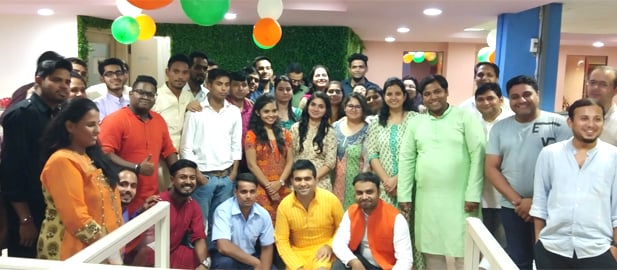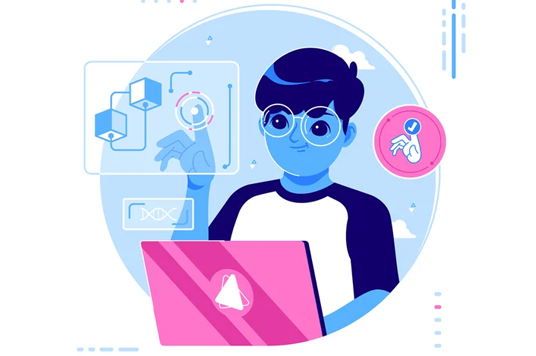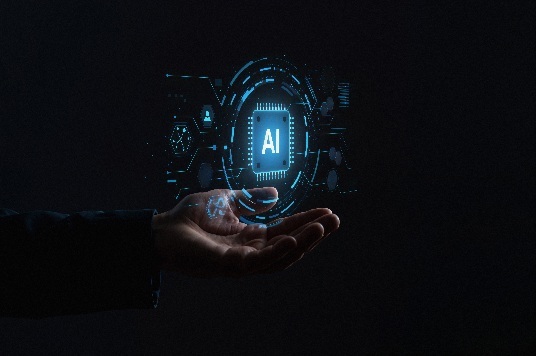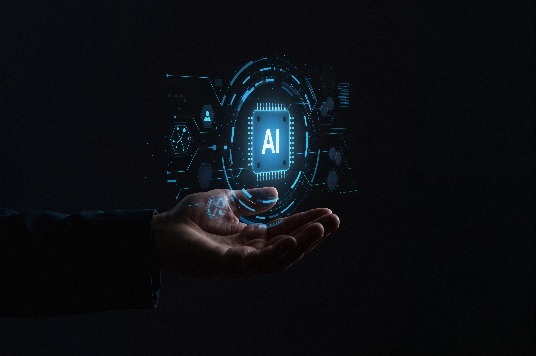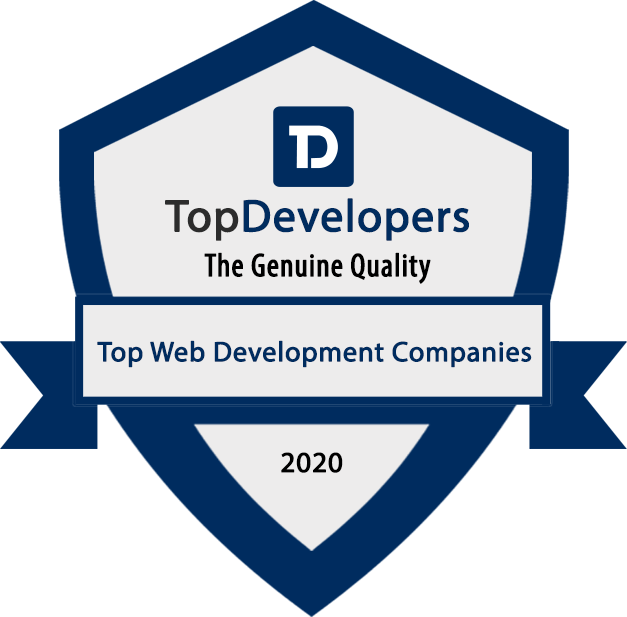AI is revolutionizing how products are built, optimized, and scaled. From recommendation engines to automated customer support, intelligent features are no longer a novelty—they're a necessity. For companies aiming to become AI-first or infuse smart capabilities into their platforms, hiring the right AI talent is mission-critical.
However, hiring AI engineers isn’t like hiring for other roles. It involves a combination of deep technical acumen, data intuition, research capability, and product-thinking. The demand far exceeds the supply, and competition for top talent is fierce. Add to that the challenge of evaluating expertise in such a rapidly evolving field, and hiring can quickly become a bottleneck.
This guide serves as a blueprint for tech leaders to approach AI hiring strategically. We’ll explore why it’s crucial, what to look for, who to hire, and how to structure your hiring process to build a high-performing AI team efficiently and effectively.
Why Hiring AI Engineers Is Crucial Now
The demand for AI engineers has surged across industries, driven by the rapid adoption of automation, predictive analytics, and generative technologies. Companies in SaaS, fintech, healthcare, eCommerce, and even traditional sectors like manufacturing are all racing to integrate AI into their products and services.
Hiring AI engineers now is a strategic move—not just to keep up with innovation but to lead it. Businesses that invest in AI talent can rapidly prototype intelligent features, automate customer-facing and internal operations, and make data-driven decisions at scale. This creates significant competitive advantages in speed, cost-efficiency, and user experience.
Consider Netflix, which uses AI for personalized recommendations; or fintech platforms that leverage AI for fraud detection and risk modeling. The secret behind their success? Skilled AI professionals who transform ideas into intelligent systems.
In today’s landscape, building AI capabilities is no longer optional. Having the right engineers on board is the first step toward sustainable, innovation-led growth.
Key Skills to Look for in AI Engineers
Hiring the right AI engineer is not just about technical qualifications; it's about identifying professionals who can bridge the gap between data and decision-making. An ideal AI engineer must not only be proficient in machine learning frameworks but also possess a deep understanding of mathematics, data engineering, and real-world problem-solving. In this section, we explore the core competencies and soft skills that make an engineer effective in an AI-first environment.
Technical Skills
AI engineers must have solid programming skills, particularly in Python, which is the lingua franca for AI and ML. Familiarity with other languages like R or Java is valuable in certain use cases. More importantly, they must be proficient in machine learning libraries and frameworks such as TensorFlow, PyTorch, Scikit-learn, Keras, and Hugging Face Transformers. Their code should be modular, testable, and performance-optimized for large datasets.
Mathematical & Analytical Skills
AI isn’t just about code—it's math-heavy. Engineers should have a strong foundation in statistics, probability, linear algebra, and calculus. These concepts are vital for understanding model behavior, tuning parameters, and evaluating performance. Analytical thinking also plays a key role in problem-solving and hypothesis testing.
Experience with Data Infrastructure
An ideal AI engineer knows how to source, clean, and process data. Experience with big data tools like Apache Spark, Hadoop, and cloud platforms (AWS, GCP, Azure) for building data lakes or real-time pipelines adds tremendous value. Engineers should also understand data versioning, pipeline automation, and model monitoring.
Soft Skills
The best AI engineers communicate complex concepts clearly, collaborate across functions, and align their work with business goals. Problem-solving is key—AI often involves experimentation and ambiguity. The ability to think critically, iterate rapidly, and collaborate with product managers and designers makes a significant difference.
Types of AI Engineers You May Need
AI is a multidisciplinary field, and your hiring strategy should reflect that. Depending on your product’s AI roadmap—whether it's an MVP, a mature AI-first system, or a highly specialized application—you’ll need different types of AI experts. Understanding the core responsibilities of each role can help you assemble a well-balanced team that supports experimentation, development, and operational excellence.
Machine Learning Engineers
These professionals build, train, and optimize ML models. They focus on model architecture, feature engineering, and evaluation metrics. Ideal for projects involving recommendation engines, classification, regression, and clustering.
Data Scientists
Data scientists explore data, generate insights, and run experiments. They help understand customer behavior, build dashboards, and validate hypotheses. Their skill set overlaps with ML engineers but leans more toward analytics and business intelligence.
MLOps Engineers
Once models are trained, they need to be deployed, monitored, and retrained—this is where MLOps comes in. These engineers automate workflows, build CI/CD pipelines for ML models, and ensure models are scalable and resilient in production.
AI/ML Researchers
These experts push the boundaries of what's possible in AI. They're ideal for R&D-focused companies or long-term innovation teams. They work on novel algorithms, optimization techniques, and cutting-edge applications.
NLP Specialists or Computer Vision Experts
When your use case is domain-specific—like chatbots, sentiment analysis, OCR, or object detection—you’ll want specialists. These engineers are fluent in the nuances of their field and understand pre-trained model usage and fine-tuning strategies.
Hiring Models: In-House, Freelancers, or Development Partners
Choosing the right hiring model for your AI initiatives can significantly impact project speed, budget, and long-term scalability. Whether you're in the early discovery phase or looking to scale AI across your platform, it's essential to align your engagement model with the scope of work, data sensitivity, and internal capabilities. Below are the three most common hiring models and how to evaluate them effectively.
In-House Hiring
This model offers full control over development and alignment with your company culture. It's ideal for businesses investing in AI as a long-term differentiator. However, hiring in-house is expensive, time-consuming, and often restricted by geographic talent availability.
Freelancers and Contractors
Platforms like Upwork, Toptal, and Kaggle offer access to experienced freelancers. This model suits short-term needs or experimental projects. The downside is limited accountability, potential security concerns, and lack of scalability.
Development Partners or Agencies
Outsourcing to a dedicated AI partner offers a blend of speed, scale, and reliability. You get a vetted team with project managers, data engineers, and AI engineers working together under one roof. This is particularly effective for MVPs, AI integration into existing SaaS platforms, or full-scale digital transformation.
Where to Find the Right AI Talent
Even with the right roles defined, sourcing the right AI talent can be challenging. Unlike traditional software roles, top AI engineers often don’t actively apply for jobs—they contribute to open-source projects, compete in ML challenges, or collaborate within niche communities. Knowing where to look can make all the difference in attracting the best candidates.
Developer Platforms
GitHub is a goldmine. Explore contributors to AI repositories, LLM projects, or Kaggle kernels. Stack Overflow profiles reveal problem-solving patterns and community respect.
Hiring Portals
Specialized platforms like Toptal and AngelList filter for technical rigor. LinkedIn remains effective with tailored outreach. Kaggle showcases top data scientists who consistently win real-world challenges.
Tech Conferences and Hackathons
AI-specific events like NeurIPS, CVPR, and local ML meetups offer a chance to meet passionate and experienced engineers. Competitions like Zindi, DrivenData, or Kaggle attract professionals who are deeply invested in real-world AI problem-solving.
AI Development Firms
Partnering with a firm like Classic Informatics gives you access to pre-vetted engineers, cross-domain expertise, and the ability to scale your AI initiatives without delay. You can augment your team or outsource full projects with confidence.
Hiring Process & Best Practices
Hiring AI engineers requires a hiring process that reflects the complexity and strategic importance of the role. You’re not just looking for someone who can code—you’re seeking individuals who can model uncertainty, interpret data, and deliver tangible outcomes. From job descriptions to interviews, each stage should be fine-tuned for AI-specific evaluations.
Crafting the Right Job Description
Avoid generic titles. Be specific—are you hiring for NLP, recommendation engines, or computer vision? Include tech stacks, project goals, and collaboration expectations. Highlight opportunities to work on real-world data and user-facing features.
Screening and Technical Assessments
Use take-home challenges that mirror your use case—e.g., classify customer sentiment, predict churn, or generate product descriptions. Evaluate both code quality and model interpretability.
Interviews
Structure interviews into coding rounds (data structures, ML basics), model evaluation (bias, precision-recall, overfitting), and system design (how would you scale this model?). Include product thinking questions to assess business alignment.
Red Flags
Beware of resumes overloaded with jargon but lacking depth. Engineers who can’t explain their model choices, dismiss edge cases, or over-rely on libraries without understanding are risky hires. Beware of resumes overloaded with jargon but lacking depth. Engineers who can’t explain their model choices, dismiss edge cases, or over-rely on libraries without understanding are risky hires. It's also an imperative move to verify a candidate's educational background with their university transcript management software to confirm their skills and qualifications, ensuring you're bringing in the right candidate.
How Classic Informatics Can Help You Hire AI Engineers
Classic Informatics is your trusted partner in building AI teams that deliver. We understand the nuances of AI hiring—from vetting technical skills to aligning with business outcomes.
Our services include:
- Pre-Vetted AI Talent: Engineers, data scientists, and MLOps professionals ready to join on-demand.
- Custom Team Assembly: Build a full-stack AI team for long-term projects or MVPs.
- Flexible Engagement Models: Staff augmentation, project-based delivery, or managed services.
- Cross-Domain Expertise: Experience across SaaS, healthcare, fintech, and retail.
We act as your extended team—ensuring faster onboarding, better retention, and consistent delivery. Whether you need one specialist or a full squad, we streamline hiring and let you focus on innovation.
Our AI engineers aren’t just coders—they’re product contributors who help you build smarter software.
Strategic Wrap-Up: Your AI Talent Advantage Starts Here
The race to infuse intelligence into software is well underway—and hiring the right AI engineers is the key to winning it. Whether you’re building predictive features, integrating generative AI, or automating customer workflows, skilled AI professionals are the cornerstone of your success.
But hiring them isn’t just about ticking technical checkboxes. It’s about defining the right roles, evaluating talent meaningfully, and creating an environment where they can thrive. Companies that approach AI hiring strategically—by aligning skills with goals, choosing the right engagement model, and partnering smartly—gain a lasting edge.
As the AI talent war intensifies, your best move is to act now—hire intentionally, and build for the future.











